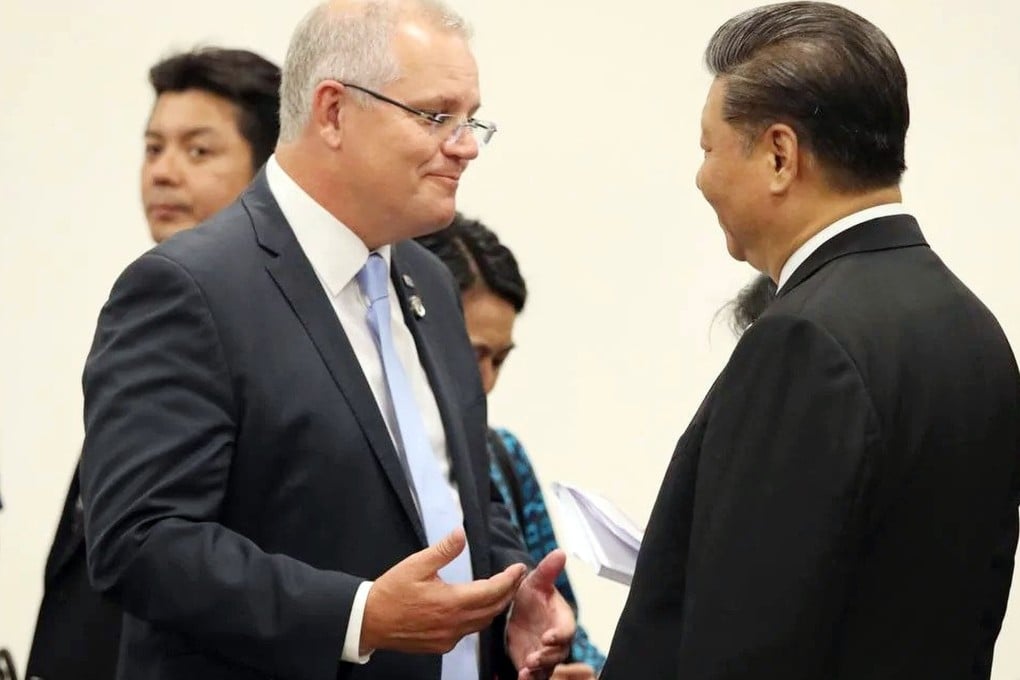China-Australia relations: Beijing ‘indefinitely suspends’ high-level economic dialogue with Canberra
- National Development and Reform Commission said all activities under the China-Australia Strategic Economic Dialogue had been ‘indefinitely suspended’
- The decision is based ‘on the current attitude of the Australian Commonwealth government toward China-Australia cooperation’, it said

China’s top economic planner said on Thursday that it had “indefinitely suspended” its high-level economic dialogue with Australia, amid escalating tensions between the two nations.
A short statement by the National Development and Reform Commission (NDRC) said all activities under the framework of the China-Australia Strategic Economic Dialogue had been “indefinitely suspended”.
“Recently, some Australian Commonwealth government officials launched a series of measures to disrupt the normal exchanges and cooperation between China and Australia out of cold war mindset and ideological discrimination,” the statement said.
[The decision is based] on the current attitude of the Australian Commonwealth Government toward China-Australia cooperation
The decision is based “on the current attitude of the Australian Commonwealth government toward China-Australia cooperation”.
The China-Australia Strategic Economic Dialogue is part of a series of bilateral talks that facilitate more cooperation between the two countries, particularly in trade. The inaugural session was held in June 2014, the second in June 2015, with the last known meeting held in Beijing in September 2017.
Australia responded to China’s decision with Trade Minister Dan Tehan saying: “We remain open to holding the dialogue and engaging at the ministerial level.”

01:00
China-Australia tension rises as Beijing suspends high-level economic dialogue ‘indefinitely’